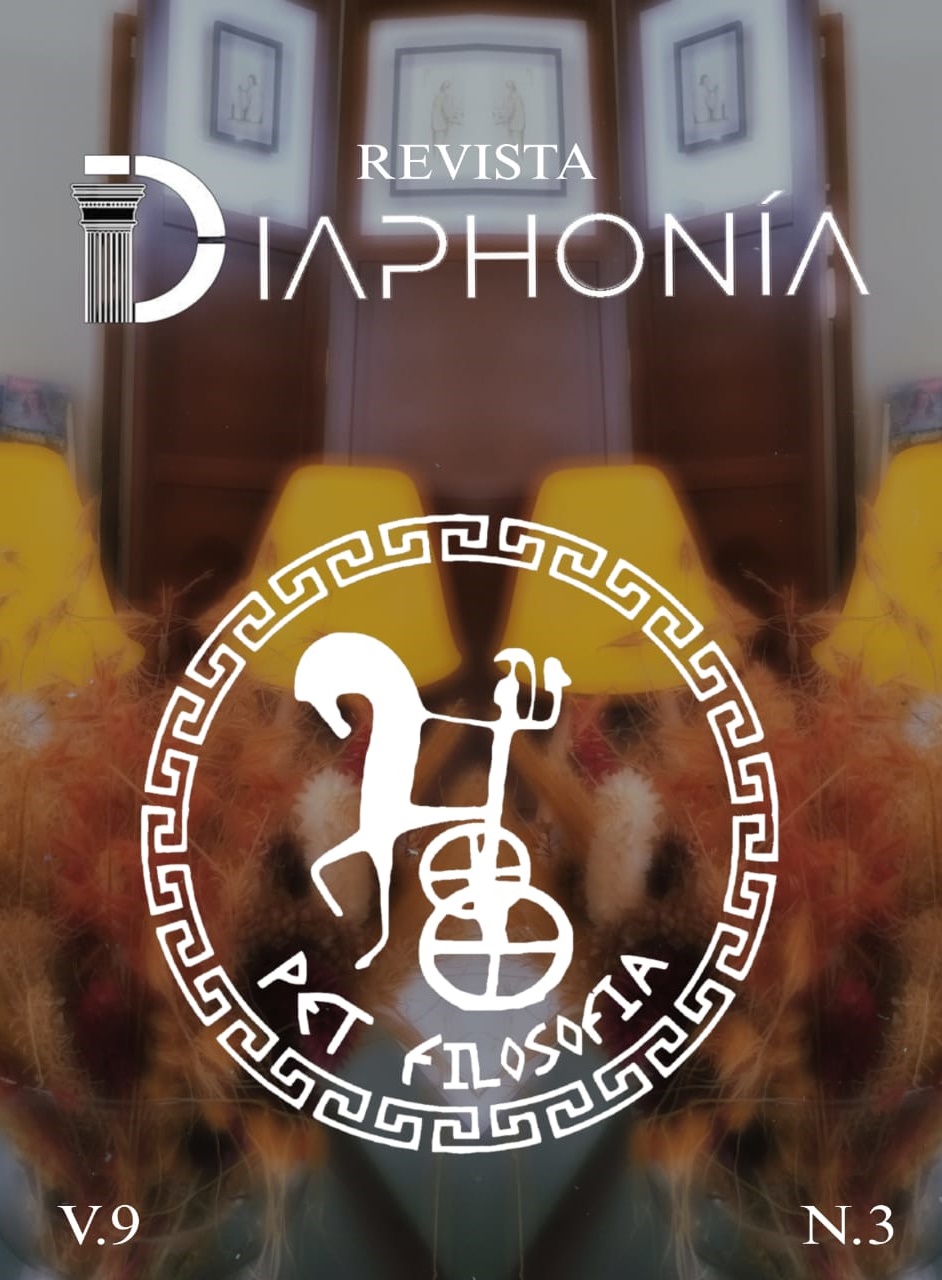Pluralismo e homogeneização religiosa: uma análise da teoria de Hick através das críticas de Burley
DOI :
https://doi.org/10.48075/rd.v9i3.31682Mots-clés :
Pluralismo, Homogeneização, ReduçãoRésumé
Neste artigo, defendo que homogeneizar e reduzir as religiões a um grupo ou
tradição específicos dificulta o diálogo interreligioso que vise promover o respeito e a
empatia entre religiosos e não religiosos. Assim, reconheço que uma abordagem
pluralista da diversidade religiosa que homogeneíza e reduz as religiões perde força e
plausibilidade teórica. Para tanto, respondo à questão “o pluralismo implica a
homogeneização e redução da diversidade religiosa?” a partir de uma análise do
pluralismo do filósofo John Hick. Abordo, primeiramente, o pluralismo do filósofo,
situando seus principais pontos, e, na sequência, mostro as críticas de Mikel Burley que
acusam a teoria de Hick de homogeneizadora e redutora. Com isso, pretendo concluir
que as críticas enfraquecem, especialmente, as ideias kantianas que a tese de Hick
apresenta, mas outras ideias, como as wittgensteinianas, ainda nos permitem pensar a
diversidade sem homogeneizá-la ou reduzi-la
Téléchargements
Publié-e
Comment citer
Numéro
Rubrique
Licence

Cette œuvre est sous licence Creative Commons Attribution - Pas d'Utilisation Commerciale - Partage dans les Mêmes Conditions 4.0 International.
Aviso de Direito Autoral Creative Commons
Política para Periódicos de Acesso Livre
Autores que publicam nesta revista concordam com os seguintes termos:
1. Autores mantém os direitos autorais e concedem à revista o direito de primeira publicação, com o trabalho simultaneamente licenciado sob a Licença Creative Commons Attribution que permite o compartilhamento do trabalho com reconhecimento da autoria e publicação inicial nesta revista.
2. Autores têm autorização para assumir contratos adicionais separadamente, para distribuição não-exclusiva da versão do trabalho publicada nesta revista (ex.: publicar em repositório institucional ou como capítulo de livro), com reconhecimento de autoria e publicação inicial nesta revista.
3. Autores têm permissão e são estimulados a publicar e distribuir seu trabalho online (ex.: em repositórios institucionais ou na sua página pessoal) a qualquer ponto antes ou durante o processo editorial, já que isso pode gerar alterações produtivas, bem como aumentar o impacto e a citação do trabalho publicado (Veja O Efeito do Acesso Livre).
Licença Creative Commons
Esta obra está licenciada com uma Licença Creative Commons Atribuição-NãoComercial-CompartilhaIgual 4.0 Internacional, o que permite compartilhar, copiar, distribuir, exibir, reproduzir, a totalidade ou partes desde que não tenha objetivo comercial e sejam citados os autores e a fonte.


